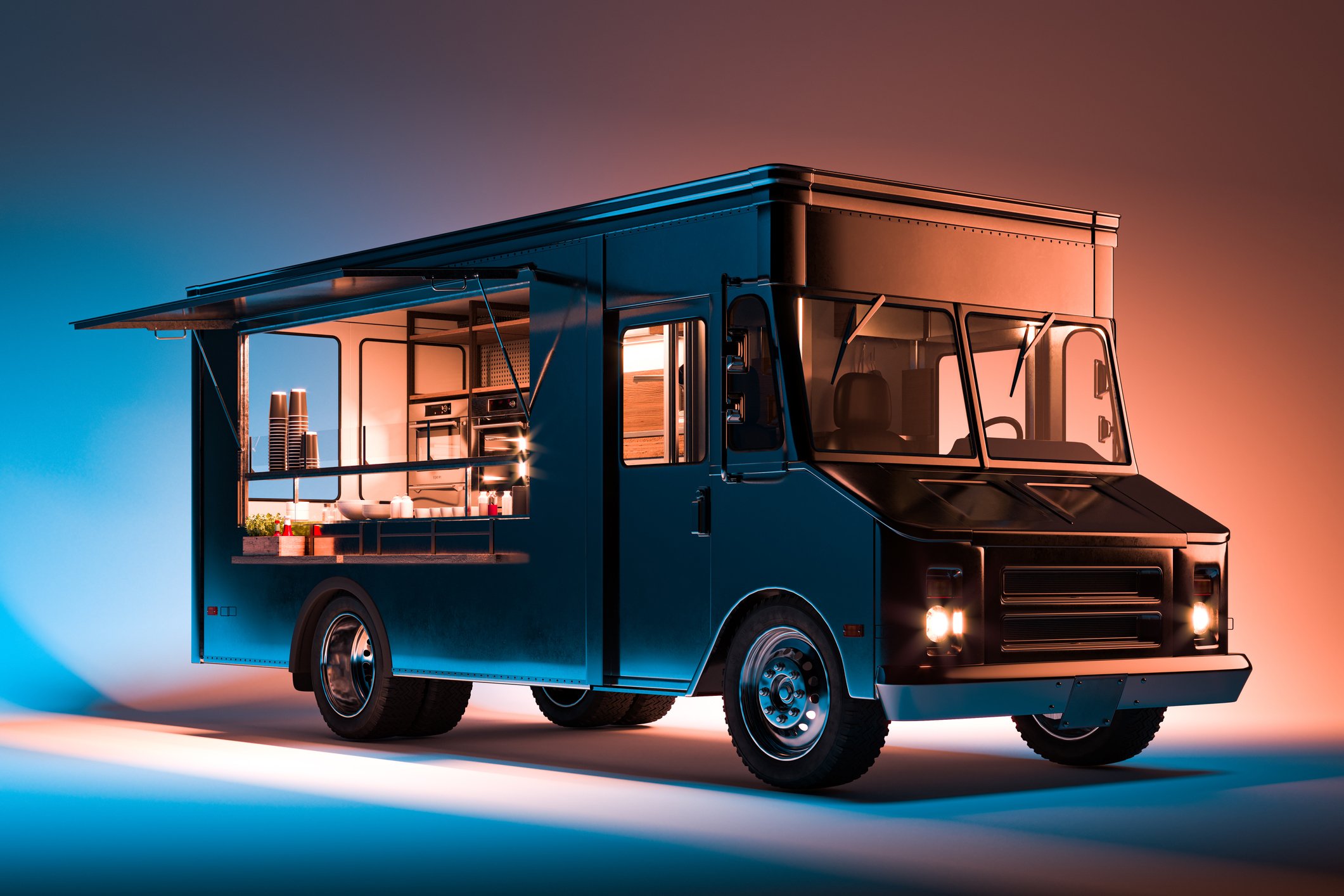How to Start a Food Truck: Everything You Need to Know
Have you always dreamed of running your own food truck? Starting a food truck is both exciting and challenging. You will need a business plan, financing, permits and licenses, equipment, marketing, and more. This guide will show you how to make it happen and start your very own mobile restaurant!
Starting a food truck business can be a great way to turn your passion for food into a profitable enterprise. Here are 11 steps to help you get started:
- Develop a business plan: A business plan will help you map out your goals, target market, budget, and overall strategy for your food truck business.
- Choose your niche: Decide on the type of food you want to serve and the target market you want to cater to. This will help you tailor your menu and branding.
- Research the regulations: Check with your local government about the regulations and permits required to operate a food truck in your area.
- Create a budget: Determine the startup costs, such as the cost of the truck, equipment, supplies, and licenses. Also, create a plan for ongoing expenses such as ingredients, fuel, and insurance.
- Purchase or lease a food truck: Find a truck that suits your needs and budget. You may also consider leasing a truck if you're on a tight budget.
- Get necessary licenses and permits: Obtain the necessary licenses and permits for your food truck, such as a health permit, vendor permit, and business license.
- Create a menu: Develop a menu that reflects your niche and target market, and also fits the constraints of your truck's equipment.
- Get insured: Protect your business and yourself by purchasing liability insurance.
- Hire employees: Consider hiring a team of employees to help with cooking, serving, and handling other tasks.
- Find a location: Identify high-traffic areas for your food truck and get permission from property owners or local officials to park your truck.
- Market your business: Create a website and social media presence to market your business and reach potential customers. Attend local events and festivals to get the word out. Know More about What Is Digital Marketing?
Research Your Local Regulations and Financing Options.
Before starting a food truck, you will have to research local regulations in the area where you’ll be operating your business. You’ll also need to research possible financing options like bank loans, angel investors, or crowdfunding for your food truck business. Additionally, check into government funding and other resources that may be available to you as a business owner.
Future-Proof Your Career: Get Ahead with Our Industry-Leading Cybersecurity Bootcamp! - ForceOne Cybersecurity
Get Food Truck Licenses and Permits
Once you have determined the necessary financial resources, licenses, and permits are your next step. Depending on where your food truck will be located, you may need to apply for business licenses and permits such as a restaurant license, vending machine permit, food worker or food handler permit. Check with your local government agency to determine what licensing and regulatory requirements must be met during the application process. Additionally, understand the local health department regulations that apply to mobile kitchens and make sure you get approval from them prior to operating.
Establish a Budget and Secure Financing.
Before you leave the dock, you will need to set aside money to fund your food truck business. Carefully consider the cost of permits and licenses, the cost of vehicle lease payments or purchase price, insurance costs for the vehicle and contents, construction costs to customize a vehicle (if necessary), and any other related costs. Financing options include small business loans from banks, microloans from non-profits, personal savings, and investment capital from friends/family. Research all types of financing options available and decide which works best for you before moving forward with your launch plans.
Choose Your Food Truck's Equipment, Design, and Dishes. Buy A Food Truck
After financing your food truck, it is time to decide on its design and features. First, research the types of equipment and features that are necessary for a successful food truck. This can range from basic kitchen supplies such as knives and cutting boards to specialized equipment/machines like grills, pizza ovens, deep fryers, and juicers. Additionally, you will need to purchase the vehicle itself (new or used), customize it if needed, and install these pieces of equipment. Finally, plan out your menu and make sure all necessary ingredients are on hand before you open.
Market Your Business to Potential Customers.
Once you have your food truck up and running, it's time to get the word out and start marketing! You'll need to create a website and social media accounts, post regularly on all your platforms, consider investing in paid advertising, build relationships with other local businesses, host special events, or launch pop-up shops to attract customers. Also, make sure that you have plans for how to respond to customer feedback in order to foster long-term customer loyalty.
12 Powerful Marketing Strategies to Drive Growth in Your Company
How Much Does It Cost to Start a Food Truck?
There is no single answer to this question as there are a variety of factors that can impact the cost to start a food truck. The cost of starting a business can include items like the outfitting and customization of the food truck, purchasing equipment, and securing permits or licenses. Additionally, there might be extra costs associated with marketing your business, hiring staff, or operating expenses like gas for the truck.
Write a Food Truck Business Plan
Before you start your food truck business, you need a written business plan that covers what sort of business you’re running, how you’ll market your services, who will staff the truck, and much more. Writing a comprehensive business plan helps you identify potential obstacles and come up with a strategy to overcome them before they become problems. Consider the competition, target demographic, location, and layout of the truck — it is essential to create an integrated marketing strategy for your food truck business.
Invest in Food Truck Marketing and Advertising
Once you have your food truck up and running, it's important to invest in the right marketing and advertising techniques. Social media is great for raising awareness of your business, interacting with customers, and promoting special offers. Promotion tactics such as coupons, special discounts or events are effective ways to draw attention to your restaurant. You could also consider radio ads, print advertisements or email campaigns as part of an overarching integrated marketing strategy.
Skills Data Analytics - Ready to decode the world of data? Begin your journey with our immersive data analytics bootcamp today!
Pros and Cons of Opening a Food Truck
Opening a food truck business has its advantages and challenges, so before you set out on your journey, it's important to consider the pros and cons. Pros include lower startup costs in comparison to many other businesses, mobility and flexibility in operating hours and locations, as well as the potential to get creative with menu items. However, there are also challenges such as increased competition, difficulty standing out in the industry, and creating successful brand recognition. Additionally, there are geographic restrictions on food trucks that may limit their success.
Summing Up
Starting a food truck business takes hard work and dedication, but with a solid plan and the right strategy, you can turn your dream into a thriving business.
Once you’ve done the research, it’s time to summarize what you found and put your plans down on paper. Reflect on the strengths and weaknesses of the business, economic trends in the industry, customer segmentation, and other important factors that will affect your decision-making. This will become useful when writing your business plan or discussing financing options. You should also review any legal requirements for food truck businesses in your area so that you’re compliant with regulations.
Ready to take your micro-credentials today, then you are at the right place. This credential will help you to get started or improve your current operations. Checkout, ATU Food Truck Entrepreneurship.


-1.png)

